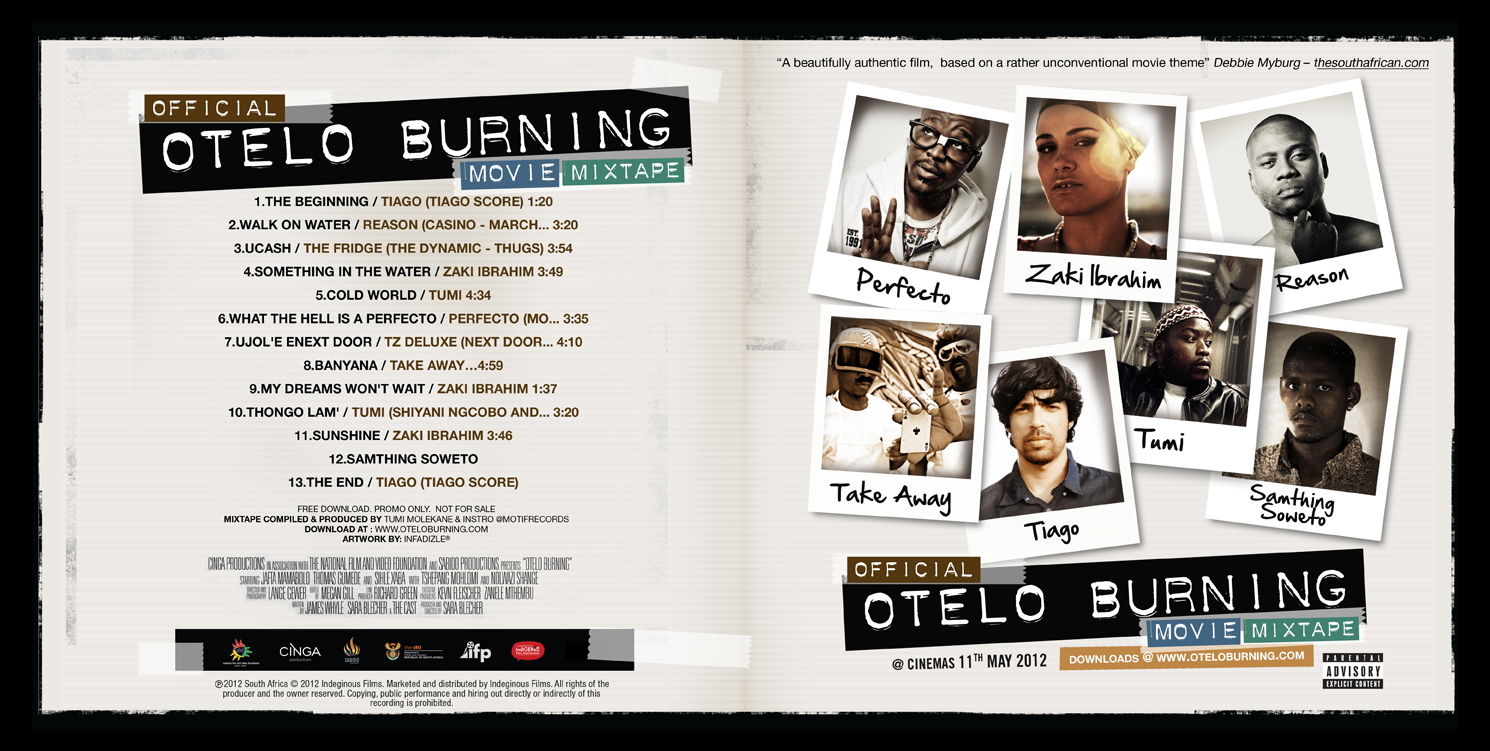When the Church
Fails Its Women:
7 Truths We Need to Tell
About Creflo Dollar,
Black Daughters
and Violence
By The Crunk Feminist Collective11 JunYesterday, for the first time in my life, I walked out of church in the middle of service. I grew up in church; my stepfather of 15 years is a pastor; as recently as 2009, I led a ministry team at one of Atlanta’s Baptist megachurches. Thus, my choice to get up and walk out while the pastor was speaking defied every notion of decorum I have ever been taught.

Image from madamenoire.com
But when he stood to express his unequivocal support for Atlanta megachurch pastor Creflo Dollar who was arrested late last week for committing simple battery and cruelty to a child on his fifteen year old daughter, I had to go.
I have struggled in recent years to reconcile my long-standing faith, to my relatively more recent feminist commitments. And it is precisely because of the Black Church’s continued willingness to advocate problematic, violent, hierarchical stances against women and gay people that I continue to struggle.
According to the police report, Dollar told his daughter she couldn’t go to a party due to bad grades. From there the situation got real ugly. His daughter left the room, went into the kitchen and started crying. Dollar followed her, asked why she was crying, and when she indicated that she didn’t want to talk to him, she says that he “then charged her, put his hands around her throat and began to choke her, slammed her to the ground and began to punch her, and took off his shoe and started whooping her with it.” The victim’s 19 year old sister, who witnessed the altercation, backed up her sister’s story. Dollar, himself, admitted only to using a shoe.
In classic fashion, Dollar denied everything yesterday, as he entered his sanctuary to a standing ovation. “She was not choked. She was not punched….I should never have been arrested.” Elsewhere he said, “All is well in the Dollar household.”
Apparently, his daughters are bald-faced liars. Both of them. And apparently, they resent him so much that they would concoct this magnificently violent tale in order to have him arrested. If he thinks all is well, clearly he isn’t well.
So now let’s entertain the notion that his daughters are telling the truth or at least some truth.
What would it look like for our faith communities to be places where Black girls could testify about the violence they experience from the men in our communities and be believed?
What would it look like for Black women, the primary attendants and financial supporters of the Black Church, to demand accountability from the overwhelmingly male leadership in our pulpits?
The most troubling thing about Creflo’s statement was the overwhelming amount of support from his female parishioners. I can’t help but notice the admixture of fear and disappointment on the fifteen year old girls face in the above video (1:19) as her mother actively sides with Creflo for the cameras.
What would it mean for us to recognize that when we refuse to believe the testimony of other Black women and girls, it makes our own witness “for the Lord,” before the law, and before anyone else we need to believe us less credible?
Yet, I witnessed Black women coming out in full support of the “man of God” in droves because…
“We weren’t there.”
“We don’t know what happened in that house…”
“We don’t know what she did or said to provoke him…”
[What is this? Chris Brown and RiRi 2.0? (Let me leave that alone.)]
“If she swung on him first (as some news outlets reported), then she deserved it…” {And for the record, the police report in no way indicates any such thing. Even Creflo doesn’t say she swung on him.}
“If you’ve ever raised a teenager, you know how they can be…”
“He has the right to discipline his children.”
For the record, we never know the whole story about anything, if it didn’t happen to us. That doesn’t prevent us from making reasonable judgments based on the evidence. Christians use the same type of reason to profess our faith in a God-man, who was born from a virgin, crucified on a cross and Resurrected on the 3rd day. And we believe in his Resurrection, primarily on the basis of the initial testimony of some women who Jesus’ male followers weren’t trying to hear (Mark 16: 1-11). So in my view, if we refuse to believe Black girls when they testify about their experiences, we call the basis of our own witness and our own faith into question. Jesus prioritized listening to women, even when his disciples said they were being a nuisance.
Why I wonder are Black women so willing, so ready to co-sign theologies that literally support us getting our asses kicked in our own homes?
Why have we bought into the primary premise of white supremacy, that the most effective way to establish authority is through violence? Surely, this situation teaches us that the only thing that kind of parenting does is breed the kind of resentment and contempt that will have your children calling the cops on you at 1 in the morning.
Why is it so hard for us to take a stand against Black men and tell them that there is never a reason to put their hands on us in a violent fashion? Not when homicide is the top killer (after accidental death) of Black women and girls ages 15-24.
Frankly, we need to “radically rethink” our understandings of authority, love, violence, and respect in the Black Church. Black folks love to say, Tell the Truth, and Shame the Devil. Well here are seven truths we need to tell.
1.) Sisters have the power to change this thing. The Black Church is one of the few places where we do have this kind of power. And the tide won’t turn, until Black women get fed up and then start to stand up, start walking out, and start taking our money with us.
2.) Children are not our property. It is not their job to confer upon us the worth and dignity denied to us by others. We do not get to violently beat them into submission, supported by terrible “spare the rod” theologies. Everyone wants children to obey, but what do we do with Ephesians 6:1-4 which clearly, after telling children to honor their parents, admonishes fathers not to “provoke children to wrath.” Wonder why that’s in there?
3.) Discipline is not synonymous with punishment or spanking. It was in church that I learned that discipline and disciple share the same root word. To disciple means to train up (usually in the ways of Jesus.) Aren’t there more creative and effective ways to parent? Spanking is the easy-out option. It is the option that packs the “literal” biggest punch, requires the least amount of thought, and is designed to quickly redirect undesirable behaviors. But it is largely ineffective, and rarely about actual discipline. Spanking is used to communicate anger to a child for doing something wrong. They are used to remind the child who’s boss. And the boss is the person who gets to mete out violence when the rules don’t get followed. Interestingly enough, in the Black Church, I think far too many of us understand God in these exact same terms –as the strict disciplinarian, who polices all our actions, ever ready to issue cosmic butt whoopings when we don’t fall into line. Thank God for delivering me from such thinking.
4.) Domestic violence is not discipline. And this was domestic violence. And I find it hard to believe that a man who will beat the shit out of his own daughter, who feels biblically justified in doing so, wouldn’t beat the shit out of her mother, too. Not levying any accusations here, but I think it’s a question worth raising. Read this Black girl’s testimony and see how true it rings.
5.) Just because your parents whooped you, and you “turned out fine,” doesn’t mean the whoopings are the cause of it. Black folks are overcomers by copious circumstance. But that doesn’t mean we have to keep recreating negative circumstances for our children and calling them right and good. I had a racist sixth grade teacher who made me cry every day. I still made excellent grades and remained undeterred. If I have children, I will not seek out a racist teacher for them, celebrate their ability to excel despite it, and then claim that they excelled because of it. That is pathological.
6.) The Black Church can’t have it both ways. If Black fathers set the moral tone for how men will treat their (presumably hetero) daughters, then Black folks cannot continue to insist that a father’s punches thrown in anger are wholly distinct from a partner’s punches thrown in anger. I’ve always found it interesting, that when we talk about the story of Sodom and Gomorrah, no one wants to critique Lot, nephew of Abraham, for tossing his daughters out the door to be raped by the men of the city. No one makes the connection that a few verses over these same two daughters get Lot drunk, sleep with and get pregnant by him, and become the mothers of tribes that create all manner of havoc for the Israelites. We are so invested in sic’ing this text on gay people like rabid dogs, that we miss it’s more obvious invitations to consider the ways in which men of God–and the Bible calls Lot “righteous”–have a long tradition of subordinating the well-being of the women in their lives to other goals that seem to be more morally significant, those aims namely being homophobia and patriarchy. But Genesis seems to insist that a father’s choice to subject his daughters to violence can cause those daughters to both resent and actively seek to humiliate their father. (Genesis 19)
7.) Our theology will kill us if we let it. As the Bible thumpers love to remind us: “there is a way that seems right to a man, but the end thereof is destruction.” (Prov 14:12) Consider this my remix. Jesus already died, and I refuse to let the Black Church turn me into a martyr for its causes. I refuse to stand by while Black men (and women) use bad theology about headship and Black women and men use bad theology about “sparing the rod” to heap indignities on women and children in the name of God. Our blind investment in patriarchy, and the kind of hierarchy it promotes in churches and families is not healthy for a people who continue to find themselves on the bottom of every social hierarchy that exists. In my faith communities, being a feminist makes me suspect. But to them I say, Jesus was a feminist. In my feminist communities, being a Christian often makes me suspect. And to them I say the same thing, Jesus was a feminist. So I am going to unapologetically let my faith and my feminism inform one another. (And keep reading great blog series like this one to help me out on rough days.) It is because I believe in Jesus and feminism, that I don’t tolerate violence against women in any form from the men in my life, and I for damn sure, am not gonna sit up and hear violent ish coming at me from the pulpit. Black women have to become as serious about demanding that our churches are spaces where we can tell our testimonies about the violence done to us and be believed. I am determined to have a theology that is truly liberatory, one centered on grace, healing and abundant life. And if I have to raise hell and disrespect a few pulpits to get it, so be it.






















